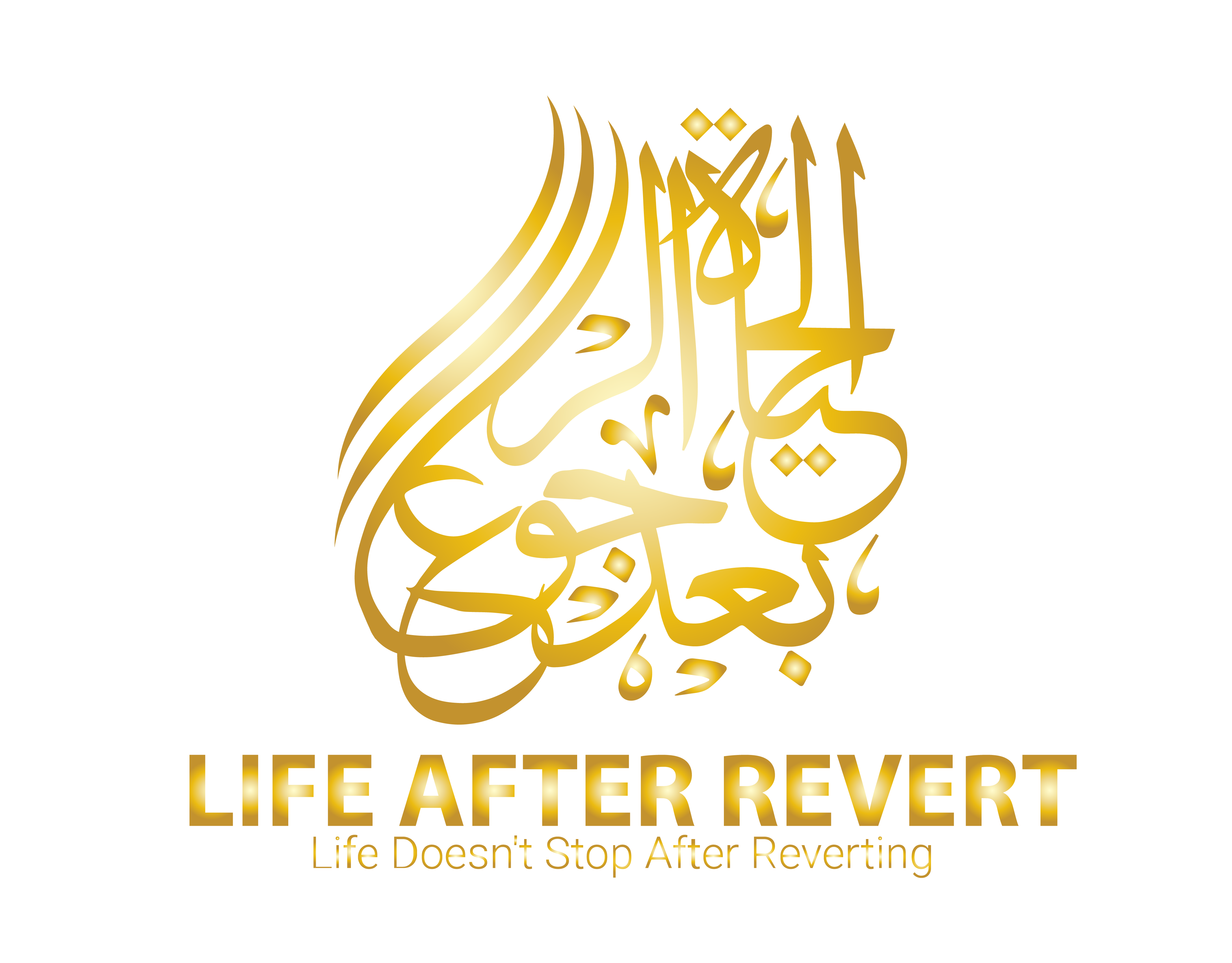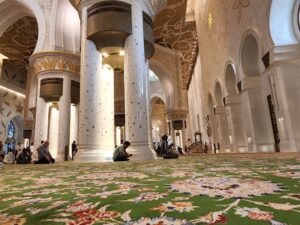What Are The Articles Of Faith In Islam
- Description
- Curriculum
- FAQ
- Reviews

-
1Lesson 1.1: What Are the Six Articles of Faith?
By the end of this lesson, learners will:
- Understand what the Six Articles of Faith are.
- Recognize their significance in the life of a Muslim.
- See the connection between the Articles of Faith, the Shahada, and Islamic practice.
-
2Lesson 1.2: The Concept of Faith (Iman) in Islam
By the end of this lesson, learners will:
- Understand the meaning and components of Iman (faith) in Islam.
- Learn about the levels of Iman and how it strengthens.
- Recognize the connection between faith and action in a Muslim’s life.
-
3Lesson 2.1: Understanding Allah’s Oneness
By the end of this lesson, learners will:
- Understand the concept of Tawhid (Oneness of Allah) as the foundation of Islamic belief.
- Learn about the three categories of Tawhid: Rububiyyah, Uluhiyyah, and Asma wa Sifat.
- Reflect on the significance of Tawhid in their personal faith and worship.
-
4Lesson 2.2: The Attributes of Allah
By the end of this lesson, learners will:
- Understand the significance of Allah’s names and attributes in Islamic belief.
- Learn about key attributes of Allah as described in the Quran and Hadith.
- Reflect on how these attributes influence personal faith and worship.
-
5Lesson 2.3: Recognizing Shirk and Its Forms
By the end of this lesson, learners will:
- Understand what shirk (polytheism) means in Islamic belief.
- Learn the different forms of shirk and their implications.
- Recognize the dangers of shirk and how to safeguard against it.
-
6Lesson 3.1: Who Are the Angels?
By the end of this lesson, learners will:
- Understand the nature and characteristics of angels in Islam.
- Learn about the roles and responsibilities of angels as described in the Quran and Hadith.
- Reflect on how belief in angels strengthens faith and impacts daily life.
-
7Lesson 3.2: Key Angels and Their Responsibilities
By the end of this lesson, learners will:
- Gain a deeper understanding of key angels mentioned in the Quran and Hadith.
- Learn about the specific roles and responsibilities assigned to each angel.
- Reflect on how belief in these angels strengthens faith and mindfulness in daily life.
-
8Lesson 4.1: Revelation in Islam Why Allah Revealed Divine Books
By the end of this lesson, learners will:
- Understand the purpose of divine revelation in Islam.
- Learn why Allah sent books to guide humanity.
- Reflect on the significance of these books in the life of a Muslim.
-
9Lesson 4.2: The Four Major Books Torah, Psalms, Gospel, and Quran
By the end of this lesson, learners will:
- Understand the purpose and significance of the four major divine books in Islam.
- Learn about the roles of the Torah, Psalms, Gospel, and Quran in guiding humanity.
- Recognize the Quran’s status as the final and preserved revelation.
-
10Lesson 4.3: The Quran as the Final Revelation Preservation and Centrality of the Quran in Muslim Life
By the end of this lesson, learners will:
- Understand the Quran’s role as the final and universal revelation.
- Learn about the Quran’s preservation and its significance in Islamic history.
- Reflect on the Quran’s central role in guiding and shaping a Muslim’s life.
-
11Lesson 5.1: Prophets and Messengers in Islam Difference Between Prophets and Messengers
By the end of this lesson, learners will:
- Understand the roles of prophets (Nabi) and messengers (Rasul) in Islam.
- Learn the key differences between a prophet and a messenger.
- Reflect on the significance of belief in prophets and messengers in Islamic faith.
-
12Lesson 5.2: Stories of Key Prophets Adam, Noah, Abraham, Moses, Jesus, and Muhammad ﷺ
By the end of this lesson, learners will:
- Understand the stories and missions of six key prophets in Islam.
- Learn the lessons from their lives and how they shaped humanity’s relationship with Allah.
- Reflect on the relevance of these prophets’ stories in their own lives.
-
13Lesson 5.3: The Seal of Prophethood: Prophet Muhammad ﷺ His Life, Mission, and Significance in Islam
By the end of this lesson, learners will:
- Understand the life and mission of Prophet Muhammad ﷺ.
- Learn why he is referred to as the “Seal of the Prophets.”
- Reflect on his significance in Islam and how his teachings shape a Muslim’s life.
-
14Lesson 6.1: Overview of the Hereafter Belief in Life After Death and Its Implications
By the end of this lesson, learners will:
- Understand the concept of life after death in Islam.
- Learn the key stages of the Hereafter as described in the Quran and Hadith.
- Reflect on the spiritual and practical implications of belief in the Last Day.
-
15Lesson 6.2: Major and Minor Signs of the Day of Judgment Events Leading Up to the Last Day
By the end of this lesson, learners will:
- Understand the major and minor signs of the Day of Judgment as described in the Quran and Hadith.
- Recognize the significance of these signs in reinforcing belief in the Hereafter.
- Reflect on how these signs influence a Muslim’s actions and preparedness for the Last Day.
-
16Lesson 6.3: Heaven (Jannah) and Hell (Jahannam) Descriptions from the Quran and Hadith
By the end of this lesson, learners will:
- Understand the descriptions of Jannah (Heaven) and Jahannam (Hell) as presented in the Quran and Hadith.
- Recognize the rewards of obedience and the consequences of disobedience.
- Reflect on how belief in Jannah and Jahannam impacts a Muslim’s actions and spiritual outlook.
-
17Lesson 7.1: Understanding Qadr (Predestination) The Balance Between Free Will and Divine Decree
By the end of this lesson, learners will:
- Understand the concept of Qadr (predestination) in Islam.
- Learn how Qadr balances divine decree and human free will.
- Reflect on how belief in Qadr strengthens faith and fosters contentment.
-
18Lesson 7.2: The Four Aspects of Qadr Knowledge, Writing, Will, and Creation
By the end of this lesson, learners will:
- Understand the four aspects of Qadr: Allah’s knowledge, writing, will, and creation.
- Recognize how these aspects reflect Allah’s perfect wisdom and power.
- Reflect on how belief in these aspects influences their trust in Allah and their actions.
-
19Lesson 7.3: Trusting Allah’s Plan Developing Contentment and Patience Through Belief in Qadr
By the end of this lesson, learners will:
- Understand how belief in Qadr fosters trust in Allah’s plan.
- Learn the relationship between contentment, patience, and divine decree.
- Reflect on how this belief helps navigate life’s challenges and uncertainties.
-
20Lesson 8.1: Living by the Articles of Faith How to Internalize and Act Upon These Beliefs
By the end of this lesson, learners will:
- Understand how the Six Articles of Faith influence daily actions and decisions.
- Learn practical ways to internalize and live by these beliefs.
- Reflect on the spiritual and moral growth achieved by embodying these principles.
-
21Lesson 8.2: Strengthening Faith Through Worship and Reflection The Connection Between Belief, Worship, and Character
By the end of this lesson, learners will:
- Understand how worship strengthens faith and builds character.
- Learn the interconnected relationship between belief, worship, and personal development.
- Reflect on ways to deepen their connection with Allah through intentional worship and reflection.
-
22Lesson 8.3: Faith in Modern Challenges Practical Strategies to Uphold Faith in the Contemporary World
By the end of this lesson, learners will:
- Understand how modern challenges can impact faith and how to address them.
- Learn practical strategies to strengthen and maintain faith in today’s world.
- Reflect on how faith provides resilience and guidance amidst contemporary issues.







